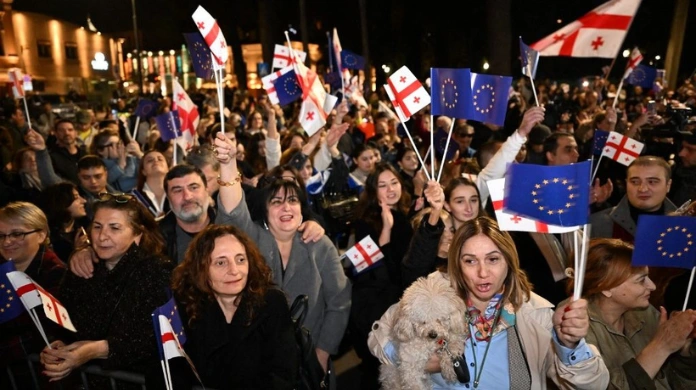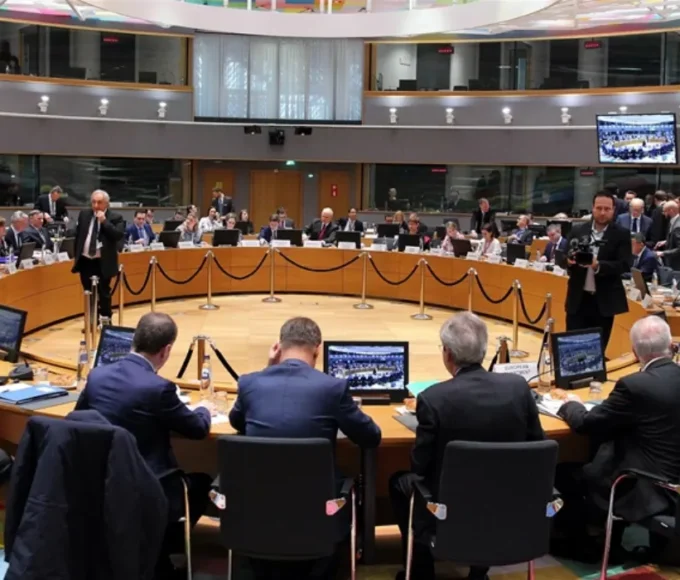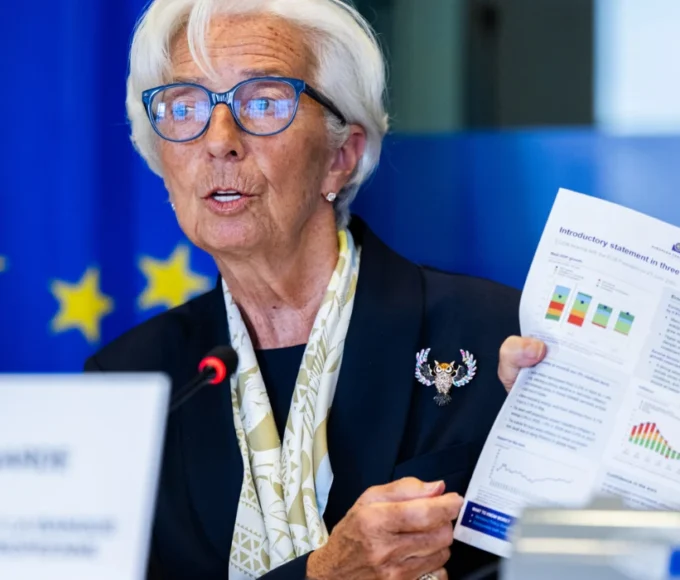The European Union warns Georgia of sanctions and the suspension of visa-free travel over democratic backsliding, affecting the country’s EU accession hopes.
The European Union (EU) has issued an unprecedented warning to Georgia, threatening targeted sanctions and a possible suspension of visa-free travel privileges due to what Brussels describes as “democratic backsliding.” This development puts Georgia’s status as an EU accession candidate in peril and has sparked broad debate within European institutions about the impact of such measures on the Georgian population and the future of EU enlargement.
EU-Georgia Relations: From Hopeful Integration to Political Crisis
Candidate Country Under Scrutiny
Georgia was granted EU candidate status in late 2023, marking a significant milestone for the South Caucasian nation of 3.7 million. The status was awarded with clear expectations: Georgia must comply with the core European values of democracy, rule of law, and respect for human rights. However, recent government actions—including the controversial adoption of a foreign influence law and crackdowns on independent media, civil society, and opposition parties—have drawn severe EU criticism.
Accusations of Authoritarian Drift
Observers and members of the European Parliament see the ruling Georgian Dream party’s moves as indications of authoritarian consolidation and “state capture”. The October 2024 parliamentary elections, widely perceived as flawed, sealed the party’s dominance and intensified fears that Georgia was shifting away from Euro-Atlantic integration.
EU’s Leverage: Suspension of Benefits and Sanctions
Visa-Free Travel Under Threat
One of the EU’s chief warnings is the suspension of the visa-free travel regime, which has allowed Georgians to travel within the Schengen Area since 2017. EU foreign policy chief Kaja Kallas made clear that unless Georgia takes definitive steps to restore democratic norms—including safeguarding civil liberties, freeing opposition members, and revoking repressive laws—the visa-free arrangement could be revoked by August 31, 2025.
Targeted Sanctions and Frozen Accession Process
Alongside the visa threat, the EU has:
- Frozen Georgia’s formal accession process.
- Halted and redirected tens of millions of euros in EU financial assistance and direct support to the Georgian authorities.
- Imposed travel restrictions and asset freezes on high-level Georgian officials, with some EU member states, such as the Baltic states, already enacting their own sanctions against dozens of Georgian figures.
- Suspended visa-free access for Georgian diplomats and officials.
Disagreement Within EU Member States
While many EU countries back sanctions and a hard line, others—including Hungary and Slovakia—warn that general sanctions could harm ordinary Georgians and damage EU credibility in the region. This internal dissent has, so far, limited the scope of collective EU measures.
Georgian Response and Ongoing Protests
Government’s Rejection of EU Criticism
Prime Minister Irakli Kobakhidze and the Georgian Dream party have framed the EU’s actions as outside interference. They argue that political opposition is destabilizing the country from within, claiming recent moves are justified for national security and sovereignty.
Mass Protests and Civil Society’s Alarm
Meanwhile, pro-European sentiment remains overwhelming among Georgians, with polls showing around 80% support for EU integration. For over 200 days, mass protests have filled the streets of Tbilisi and other cities, demanding free and fair elections and opposing laws seen as curbing freedoms.
Civil society groups, journalists, and opposition factions have reported widespread harassment, detention, and—at times—violence from security forces, which has drawn condemnation from international human rights organizations and the EU itself.
Principal Demands and Conditions from the European Union
Non-Negotiable Criteria
The EU has stated that for Georgia to resume its accession track, the following conditions must be met:
- Release imprisoned opposition figures and activists.
- Repeal or amend legislation restricting independent media, NGOs, and assembly rights.
- Guarantee judicial independence and reopen dialogue with civil society.
- Organize new, free, and fair parliamentary elections under international observation.
Failure to meet these conditions by the August 31 deadline could prompt the EU Commission to formally announce the suspension of visa-free travel and further sanctions.
Impact on the Georgian Population and EU Enlargement Policy
Human Impact and EU Credibility
Suspending visa-free travel and freezing financial aid are likely to impact regular Georgians far more than the political elite, a point of concern voiced by several EU foreign ministers. Critics warn that such measures could stoke anti-European sentiment and drive Georgia further into Russia’s orbit—contrary to the EU’s strategic interests.
A Test Case for EU Values
Georgia’s crisis serves as a test of the EU’s credibility and the conditions attached to enlargement. “If privileges granted on the basis of values are not upheld, the EU’s credibility is at stake,” said Kaja Kallas. Pro-European forces within Georgia are urging both swift EU support for civil society and pressure for new elections to correct the country’s democratic course.
A Crossroads for Georgia and the European Union
As the August 31 deadline looms, Georgia faces a watershed moment in its relations with the European Union. The prospect of sanctions and the freezing of benefits once seen as stepping stones to European membership risk widening the gap between the government and its people. The EU, for its part, must balance upholding its foundational values with avoiding measures that alienate a highly pro-European society.
Georgia’s political future—and the direction of EU enlargement policy—hang in the balance, making this a pivotal moment for democracy and security at the EU’s frontier.









